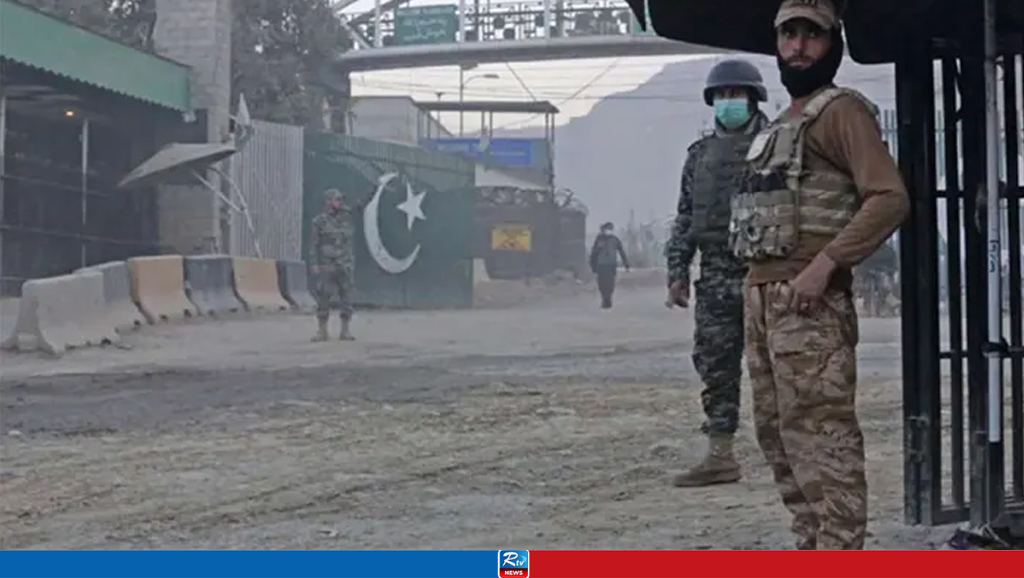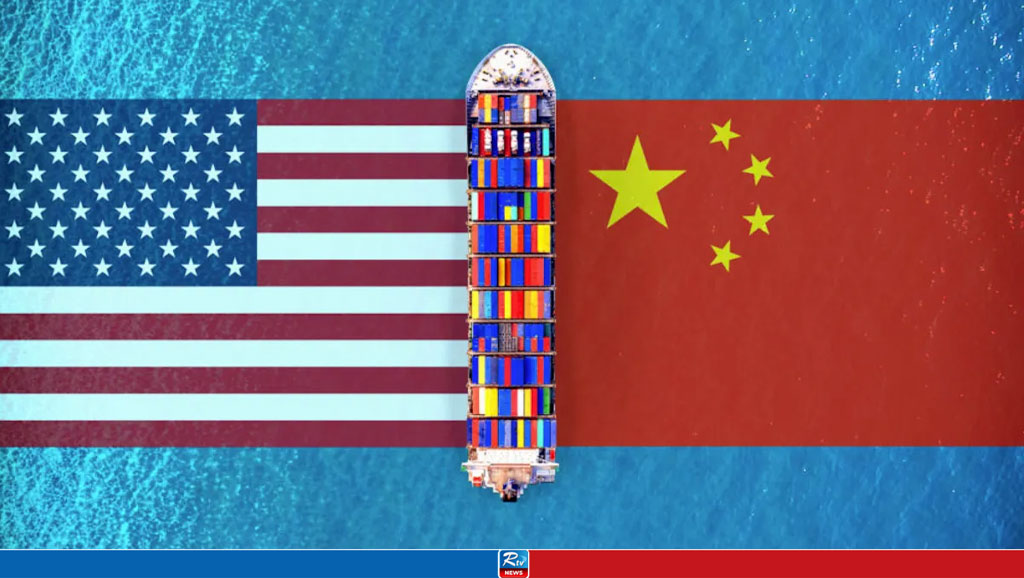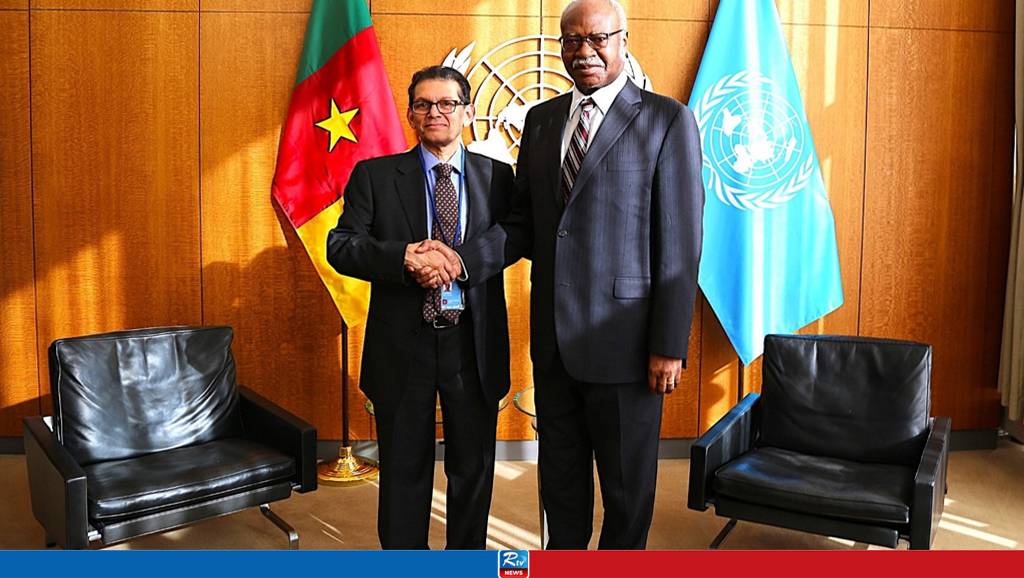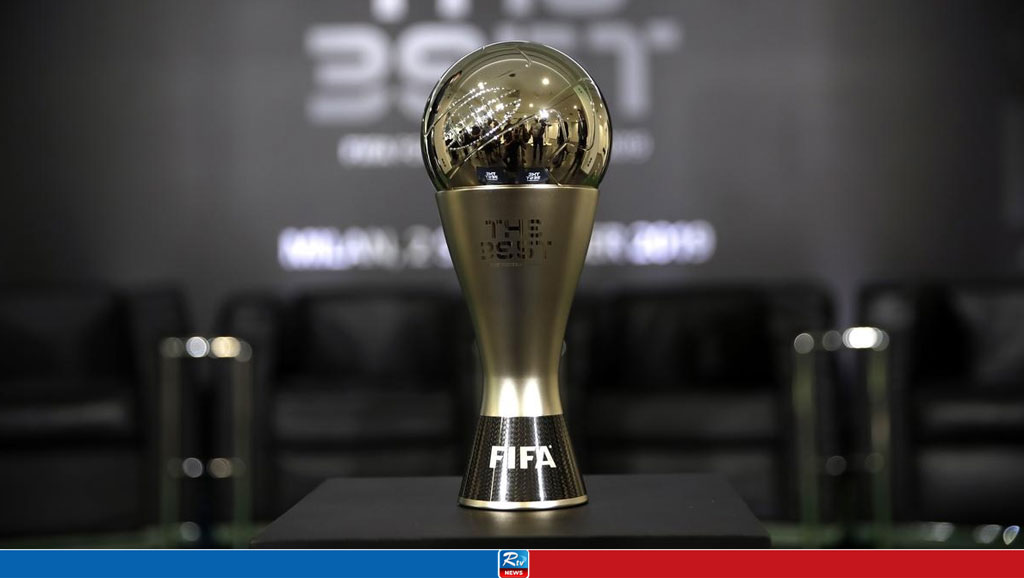Diarra Case: Some FIFA Transfer Rules Breach EU Law

The European Union's top court says some rules on international transfers created by football's governing body are contrary to EU law.
The European Union's top court ruled on Friday that some of the International Federation of Association Football (FIFA) rules are in direct conflict with the union's legislation.
The ruling was handed down after former French international Lassana Diarra legally challenged FIFA's rules regarding a dispute with a Russian club from 2014.
Citing legislation relating to freedom of movement, the Luxembourg-based Court of Justice of the European Union (CJEU) said in a statement: "The rules in question are such as to impede the free movement of professional footballers wishing to develop their activity by going to work for a new club."
What led to the legal challenge?
Diarra had signed a four-year contract with Lokomotiv Moscow in 2013, which was terminated a year later because the defensive midfielder was allegedly unhappy with pay cuts.
Lokomotiv Moscow then applied to the FIFA dispute resolution chamber for compensation while Diarra submitted a counterclaim seeking compensation for unpaid wages.
The Court of Arbitration for Sport (CAS) found the Russian club terminated the contract with Diarra "with just cause" and the player was ordered to pay €10.5m ($11.2m).
What rules was Diarra challenging?
Despite CAS ruling against him, Diarra made two further claims against FIFA, asserting that his search for a new club was hampered by FIFA rules.
FIFA’s Regulations on the Status and Transfer of Players (RSTP) say a player who terminates a contract before its term "without just cause" is liable to pay compensation to the club.
Furthermore, had Diarra then joined a new club, they would both be liable for payment of compensation.
He said a potential deal with Belgian club Charleroi fell through because of the FIFA rules and sued FIFA and the Belgian federation at a Belgian court for damages and loss of earnings of €6m ($7m).
With the lawsuit still going through Belgian courts, the case was referred to the CJEU for a ruling, which said FIFA's rules impede the free movement of players and are designed to restrict, and even prevent, cross-border competition.
"The Court recalls that the possibility of competing by recruiting trained players plays an essential role in the professional football sector," read the CJEU statement.
"Rules which place a general restriction on that form of competition, by immutably fixing the distribution of workers between the employers and in cloistering the markets, are similar to a no-poach agreement."
What could be the impact of the ruling?
There is a feeling that this ruling could lead to far-reaching implications, allowing players to leave their clubs without fear of being legally trapped afterward. Some have suggested it has the potential to be another Bosman ruling, referring to Jean-Marc Bosman changing football forever in 1995 when his case helped players to freely leave a club at the end of their contract.
However, with the case now returning to Belgian courts, the Diarra ruling has yet to reach its final verdict and so the implications remain unclear.
What was the reaction?
FIFPro, who were supporting Diarra in his challenge, welcomed the ruling, saying in a statement on social media platform X: "The ECJ has just handed down a major ruling on the regulation of the labor market in football (and more generally, in sport), which will change the landscape of professional football."
Comments
Plane Crash in South Korea: 179 Out of 181 Onboard Killed

19 Pakistani Soldiers Killed in Border Clash with Afghan Forces

Devastating Road Accident in Ethiopia: At Least 66 Dead

Afghanistan Taliban Targets "Several Points" in Pakistan, Tensions Increase

China's Trade Tensions With US Remain High Ahead of Trump Inauguration

China Firing Preemptive Trade War Shots at Trump

UNGA President, Dr. Khalilur Rahman Discuss 2025 Rohingya Conference


 Live Tv
Live Tv





